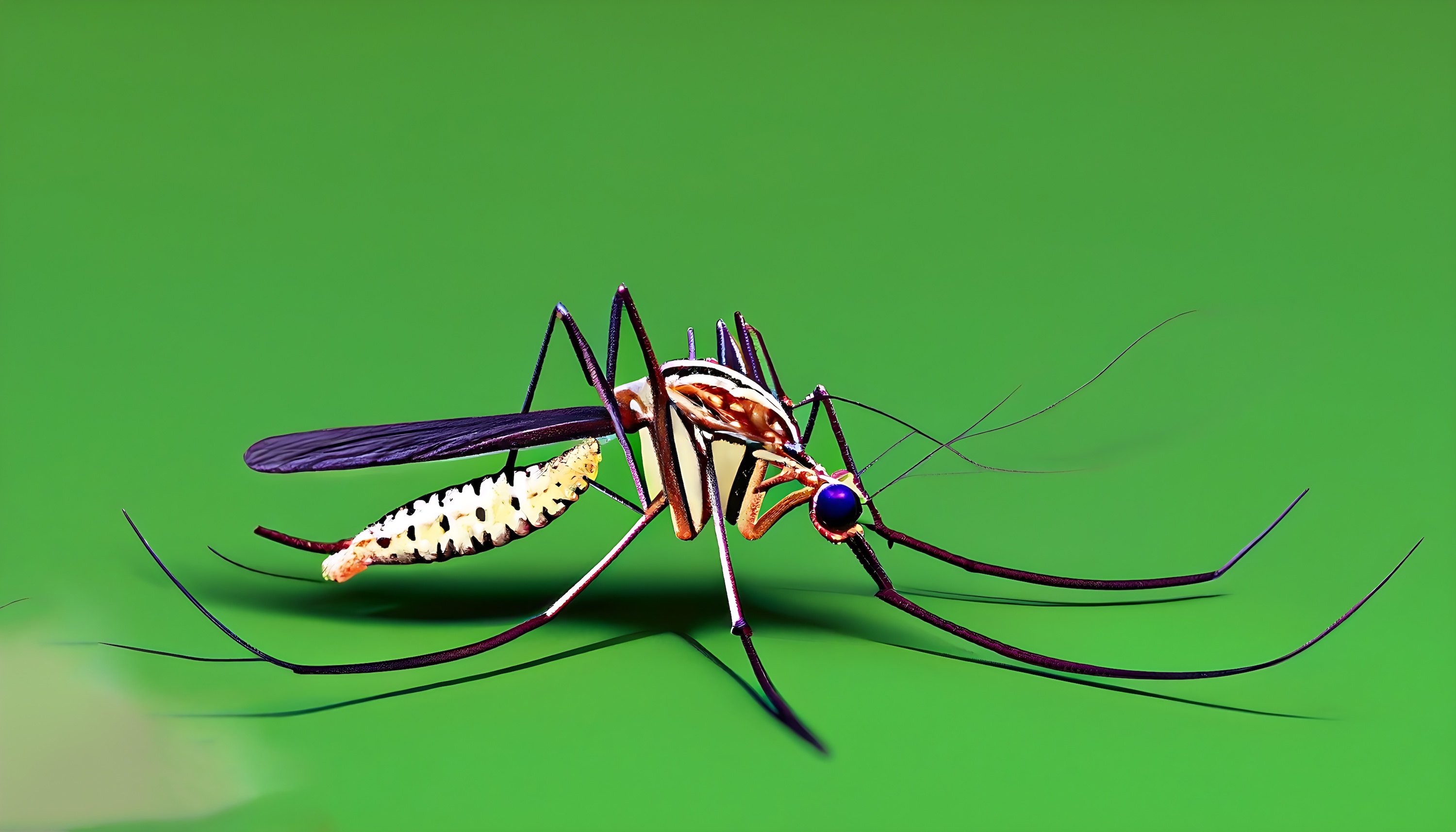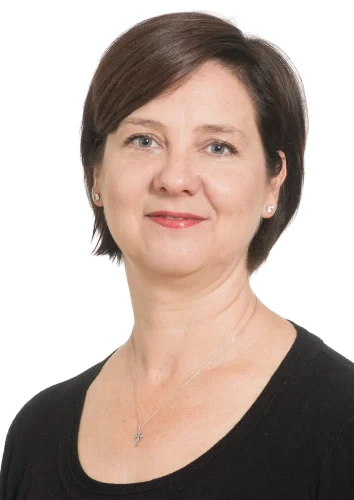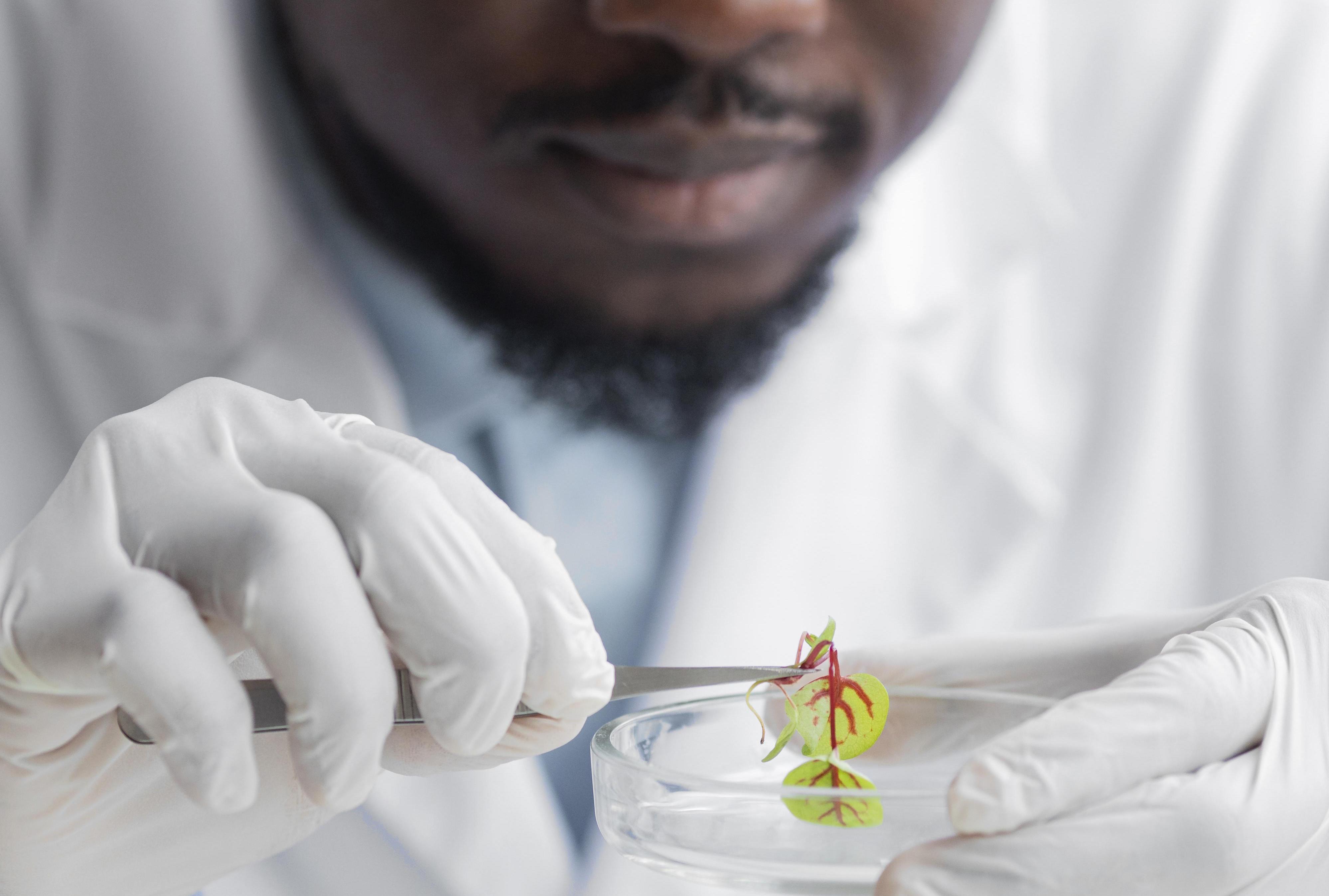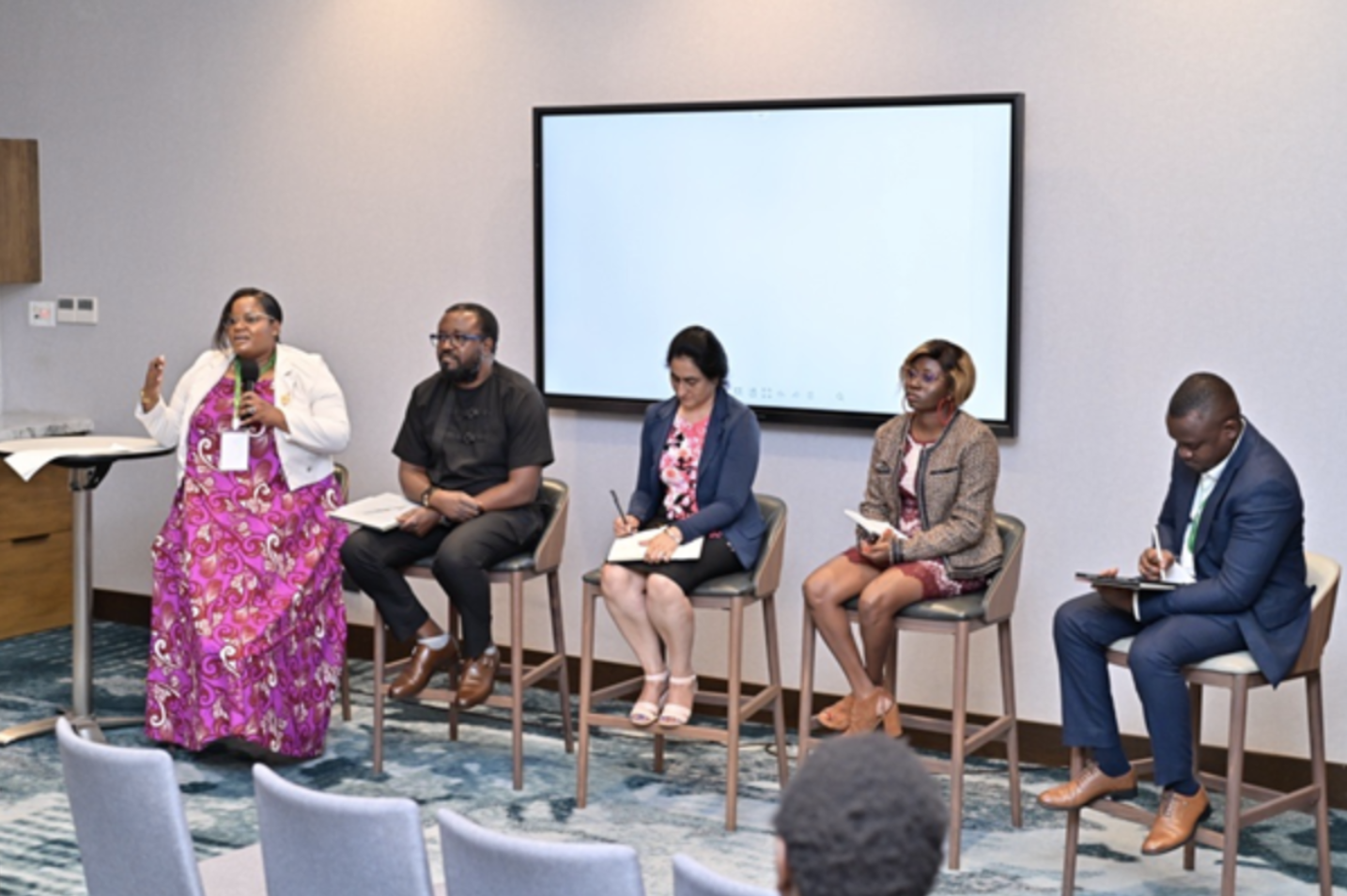
Impact Stories
Controlling Malaria infections by blocking the transmission cycle
Wednesday, October 18, 2023

By Lyn-Marie Birkholhtz
Despite progress against malaria in the past 10-15 years, we in Africa are still struggling to get rid of the disease, which remains a major killer, with children bearing the brunt of the disease. Intervention by blocking the transmission cycle of the disease has the potential to contribute substantially to current control strategies. This approach would result in a decrease in the number of parasites in a human population and therefore benefit the population. This approach would not only remove parasites from symptomatic patients but also from people carrying the parasite without even knowing they are infected (asymptomatic) – who contribute almost 84% of disease transmission. Note that the ability to block disease transmission would lead also to the reduction of resistance against the antimalarials that save lives, thus increasing the benefits of this research even beyond limiting the spread of disease.
This research is performed in the Malaria Parasite Molecular Laboratory (M2PL, https://www.up.ac.za/malaria-parasite-molecular-laboratory-m2pl) at the Institute for Sustainable Malaria Control (https://www.up.ac.za/up-institute-for-sustainable-malaria-control) at the University of Pretoria, South Africa. Our team of ~10 scientists is passionate about developing the next generation of scientists, represented in our lab by ~20 postgraduate students being trained in antimalarial drug discovery and parasite biology. We collaborate with researchers at the Holistic Drug Discovery and Development Centre ( H3D ) at the University of Cape Town, the University of Witwatersrand, the University of Nairobi and with other international partners, including the Medicines for Malaria Venture (MMV).
Lessons
Our work has uncovered drug candidates that are able to target specific stages of the malaria parasite associated with transmission from humans to mosquitos. These stages are called gametocytes and they can be carried in an individual for months -- it is therefore important to kill them. Our work has shown that, in the lab, it is possible to kill these gametocytes and prevent their spread to mosquitos, using an artificial mosquito feeding system. These compounds are safe for humans and the parasite is not able to form resistance against the compounds. We are now developing these compounds further to enable them to be used in animal studies and in combination with drug candidates that cure disease symptoms.
For the first time, we have drug candidates that can potentially and exclusively block malaria parasite transmission. This could result in antimalarial drugs that, in addition to treating the disease, would also have the capacity to prevent the spread of resistance to those drugs that inevitably develop. This would have a massive impact in our ability to save lives and fight the spread of the disease. In Africa, it could decrease the disease burden on the continent, bringing countries closer to reaching zero malaria transmission and ultimately malaria elimination.
We created a Community of Practice (CoP) to share collective knowledge and lessons learned in antimalarial drug discovery. This grew from ~20 members to >60 members from various African countries. It has also served as the basis for new collaborations, student exchange and a growing knowledgebase of drug discovery for malaria on the continent.
Lyn-Marie Birkholtz is a grantee of Grand Challenges Africa initiative under the SFA Foundation. In her research she plans to lower the spread of malaria transmission through the development of new drug lead compounds that block the spread of the malaria parasite.
The SFA Foundation's Grand Challenges Africa (GC Africa) initiative seeks to promote Africa-led scientific innovations to help countries better achieve the Sustainable Development Goals by awarding seed and scale-up grants to the continent’s most impressive solutions.
Read more about her work: https://gcgh.grandchallenges.org/grant/development-targeted-transmission-blocking-agents-against-malaria
About the Author(s)

Lyn-Marie Birkholtz
Birkholtz is a full professor in Biochemistry and director of a Tier 1 DST/NRF South African Research Chair (SARChI) in Sustainable Malaria Control.



